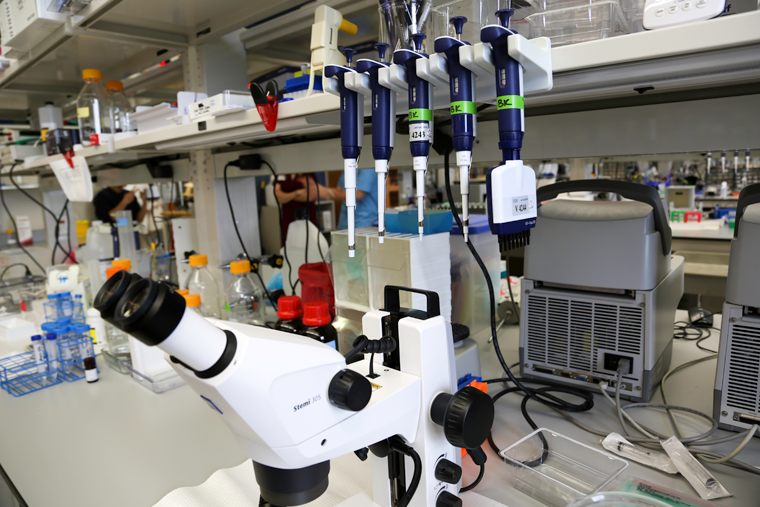Enrolling Now
What is PCG?
Primary congenital glaucoma (PCG) is a serious eye disease that is usually detected before age one. In PCG, fluid builds up inside the eyes and causes high pressure. Children with PCG can have high pressure inside one or both eyes. Symptoms can include eyes that look larger than normal, sensitivity to light, watery eyes without crying, and swelling and cloudiness of the front of the eye. Without early recognition and treatment, PCG causes permanent vision loss. The vision loss happens because the high pressure damages the optic nerve in the back of the eye.
Why study families?
Primary congenital glaucoma may be inherited in families. It is important to identify the genes involved in primary congenital glaucoma in order to develop therapies to prevent vision loss and other complications. All ages are eligible to participate in the study.
You may be eligible for this research study if you:
- Have been diagnosed with primary congenital glaucoma
- Have one or more family members diagnosed with primary congenital glaucoma
What have we learned?
- There are genes already known to cause PCG when they are not working normally
- Changes in the CYP1B1 gene are the most common cause of PCG worldwide
- Other genes include LTBP2, MYOC, and FOXC1
- We have recently identified 3 new PCG genes called TEK, ANGPT1, and SVEP1
- The majority of PCG is not caused by changes in any of these known genes because many other important genes have yet to be identified
- Eyes have drainage systems inside them that work to keep eye pressure at healthy levels. Severe problems with these drainage systems can cause PCG. Milder drainage issues may cause glaucoma later in life
What will the research study require of participants?
- Complete a short questionnaire, either in person or over the phone, to determine eligibility
- Qualified participants of any age will:
- Provide a sample of your DNA, usually in the form of saliva, though a blood sample is sometimes needed
- Receive a free eye examination, if not already performed
EMAIL TO ENROLL TODAY
If you are interested in participating in this study, please contact our study coordinator Nickie Stangel at nstangel@wisc.edu or (608)263-8783.
